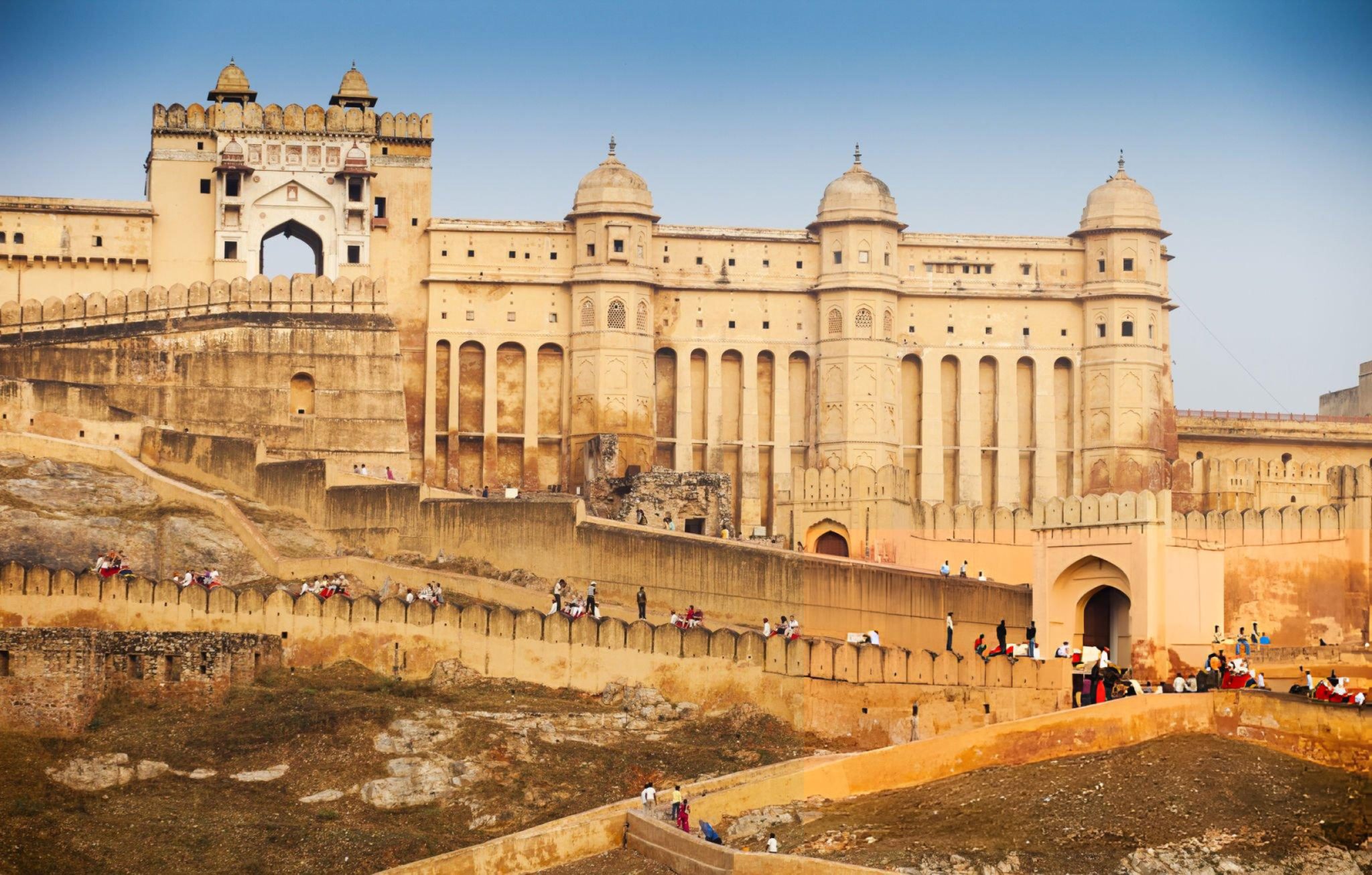Udaipur, August 18 — Tensions flared in Udaipur on Friday as communal violence erupted following a stabbing incident at a local school. The unrest prompted the Rajasthan government to suspend internet services across the city for 24 hours and impose prohibitory orders banning the assembly of people to prevent further escalation.
According to police reports, a mob took to the streets, pelting stones and setting several vehicles on fire. The violence spread quickly, leading to the shutdown of markets in key areas of the city, including Bapu Bazar, Hathipole, Ghanta Ghar, Chetak Circle, and surrounding neighborhoods. The situation became particularly volatile when stones were hurled at a shopping mall, causing significant damage to the glass entrances of several shops, according to reports from the Press Trust of India (PTI).
Hundreds of people also gathered outside the government hospital where the injured student was being treated. The police, however, managed to disperse the crowd before the situation could deteriorate further.
What Sparked the Violence in Udaipur?
The communal unrest in Udaipur was triggered by an incident at a government school where a Class 10 student was allegedly attacked with a knife by a fellow classmate. The altercation reportedly took place in the early hours of Friday morning. The victim sustained a deep wound on his thigh and was immediately rushed to the hospital for treatment.
Udaipur District Collector Arvind Poswal addressed the media, confirming that the authorities had received information about the fight between the two students. “This incident took place in the early hours today. We received info about a fight between two children, in which one child was attacked on his thighs with a knife. The wound was deep and the child was immediately taken to the hospital,” Poswal said.
Poswal assured the public that the injured student was in stable condition and that the police were thoroughly investigating the circumstances surrounding the stabbing. “I have met the child, his condition is stable now…Police are investigating the reason behind the incident…I would like to appeal to the public not to pay attention to any kind of rumors or false information,” he added.
The student responsible for the knife attack has been arrested, along with his father, as part of the ongoing investigation.
Escalation into Communal Violence
The stabbing incident quickly escalated into a broader communal conflict when members of some Hindu organizations gathered at Madhuban in Udaipur to protest the attack. The protest, initially peaceful, turned violent as tensions rose, leading to clashes with local residents and widespread unrest.
The city administration responded by deploying additional police forces across Udaipur to maintain order. All senior police officers were instructed to be on the ground, monitoring the situation closely to prevent further violence.
In light of the volatile situation, a high-level meeting was convened by Divisional Commissioner Rajendra Bhatt, attended by District Collector Arvind Poswal, Superintendent of Police Yogesh Goyal, and several local politicians, including Rajya Sabha MP Chunnilal Garasia, Lok Sabha MP Mannalal Rawat, and MLAs Tarachand Jain and Phool Singh Meena. The officials discussed the necessary measures to restore peace and ensure the safety of the city’s residents.
Current Situation and Response
As of now, the situation in Udaipur remains tense but under control, with a heavy police presence in place to deter any further outbreaks of violence. The suspension of internet services is aimed at curbing the spread of misinformation and preventing the organization of further protests.
The local administration has urged the public to remain calm and refrain from spreading or believing in unverified information that could incite more violence. The authorities have also promised to take strict action against those responsible for the violence and to work towards restoring normalcy in the city as soon as possible.
The communal tension in Udaipur highlights the fragile nature of peace in regions where religious and social sentiments can quickly flare up, underscoring the need for effective communication and law enforcement to maintain order during such crises.







